Within the span of eight months, my husband Justin and I lost both of our boys to a condition called hemophagocytic lymphohistiocytosis or HLH.
I often say that we have lived through every parent’s worst nightmare. Twice.
Today, in July 2013, it’s been almost four years since we said goodbye to Andrew, our younger son, and three years since we said goodbye to Matthew, our first-born.
In the time that has passed, I’ve spent countless hours replaying the events of the time we spent fighting HLH. I’ve asked myself what I wish I had known and if there is anything I would have done differently. And, although it is painful to do the “would of, should of, could of” thing, the truth is that if we had it to do all over again, there are a few things that had I known them at the beginning, may have actually changed the outcome for our boys.
The points below are not at all meant to scare you or indicate that every child who has a fever should be tested for HLH, please don’t go there! Rather, I want to simply be a little voice that will perhaps speak up sometime down the road when you hear of a child who isn’t getting better after the flu. Or you hear that a family has received an HLH diagnosis and they’re considering next steps.
So, with that said, here are the things I wish I had known:
1. The initial symptoms of HLH mimic the flu.
So many HLH parents’ stories begin the same way: our children are sick, not getting better and we are often dismissed with ‘it’s just a virus, they just need more antibiotics and time, they’ll be fine.’ It is important to keep in mind the most common symptoms of HLH are fevers, enlarged spleen, low blood counts and liver abnormalities. Many pediatricians and family doctors have never seen a case of HLH and they don’t know what to look for. If you think something more is wrong, speak up, push back and if the doctor hasn’t already done it, ask for a blood draw to do a complete blood count or CBC.
2. In my opinion, more than just knowing the list of red-flag symptoms, parents need to listen to their guts.
During an appointment after Andrew wasn’t getting better, our pediatrician initially wrote orders for labs the next day but I demanded Andrew get them done immediately. I knew something was very wrong. Within eight hours of that doctor’s visit he was in the Pediatric Intensive Care Unit with liver failure and only a 50% chance of survival. If I hadn’t pushed the doctor for labs immediately, Andrew might not have made it through that night. Parents know their children better than anyone else and that knowledge is valuable beyond measure. Advocate for your child. Ask for further tests and demand they be done quickly. Time is critical with HLH.
3. Care is different from one hospital to the next.
With a diagnosis as rare as HLH, the volume of patients treated in a center and thus the amount of experience a medical team has, matters immensely.
While I’ve definitely done plenty of reflecting in the last several years, I’ve been busy too. I wrote a book. We started a foundation and we became parents again via adoption.
The Matthew and Andrew Akin Foundation
Justin and I decided to start to The Matthew and Andrew Akin Foundation within two weeks of Matthew’s death. We had gone away to try and start to grasp everything that had just happened. We had lost both of our children within eight months of each other and we had just lived in and out of the hospital for thirty-three months. During the trip we talked a lot about helping the families who would unfortunately follow in our footsteps. We both knew we wanted to do something in their honor, something with their names attached, all the while letting everyone know what amazing children we had.
Our foundation is now a supporter of the HLH Center of Excellence at Cincinnati Children’s Hospital Medical Center. We want people to know how important it is to seek the care of Dr. Lisa Filipovich and the team of experts at Cincinnati Children’s. We are always grateful when families find matthewandandrew.org and reach out to us for help in getting their child to Cincinnati for care.
If you happen to be the parent of a child who has HLH, please know that you are not alone in this journey. HLH is an aggressive and nasty disease. It usually sneaks up quickly and attacks fast and hard. But it can be fought, it can be beaten and there is no reason to think that your child won’t be the next HLH survivor. Be insistent in your child’s care and seek the experts at Cincinnati Children’s. It is not a guarantee for survival but it surely will increase your odds and that is the best you can hope for. Our biggest regret is not starting our journey there.
I can’t help but smile when I think about our amazing children. They would have adored their little brother. The admiration I have for them and the strength they displayed while they were sick is something I will never fully be able to put into words. I am grateful every day that I had the opportunity to be their mom.
Justin and I hope that people who learn about our story become inspired to become marrow donors and go out in their corner of the world to help others. We have lived through every parent’s worst nightmare, twice, but we are not only surviving, we are thriving. By channeling our grief and sadness into something positive, our children will live on forever and nothing feels better than that.
To learn more about how we treat patients with HLH or to speak with someone at the HLH Center of Excellence, call 513-636-2371.
In September 2013, Justin and Kristin Akin organized a 700 mile bike ride to raise money for the HLH Center of Excellence at Cincinnati Children’s. A documentary was created during the ride. 700 Miles to Hope – An HLH Journey captures the importance of the ride for everyone involved.

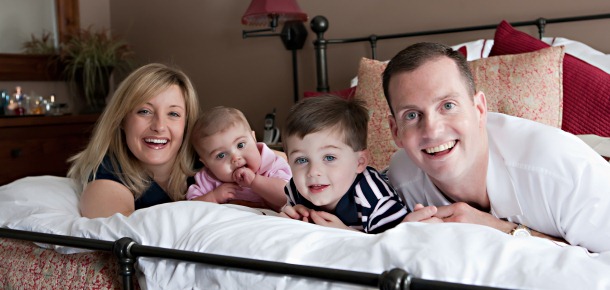
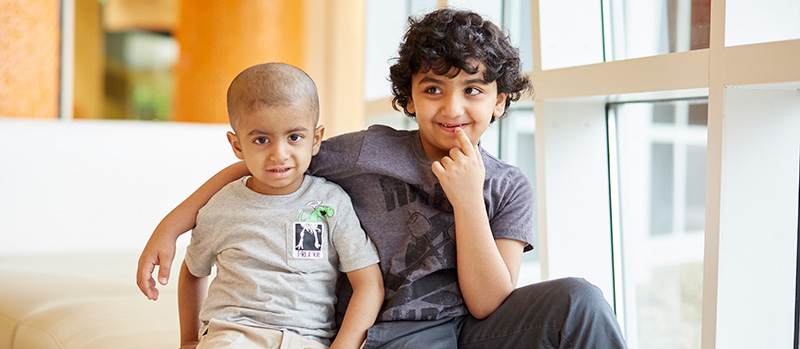
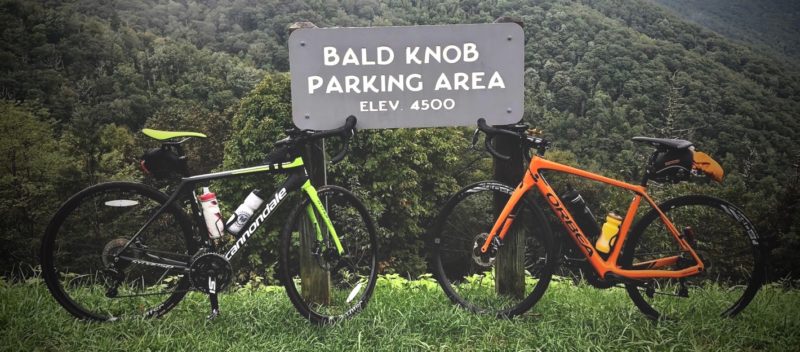
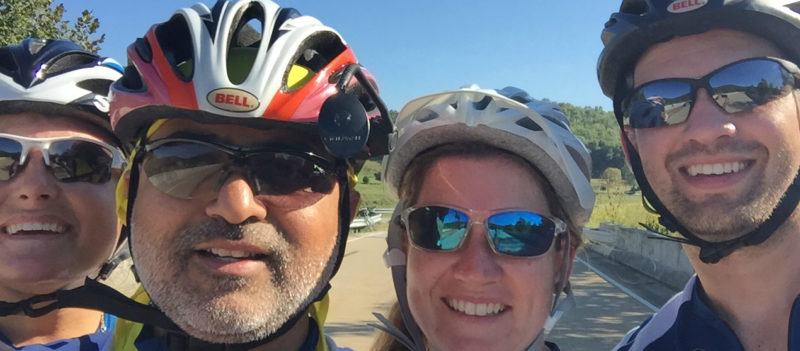
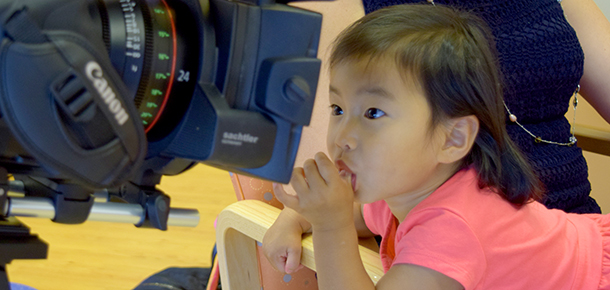
I’d like to start by saying, Thank you!
Thank you for writing this blog.
Thank you for sharing your tragic story.
Thank you for making me feel not alone.
And most importantly, Thank you for giving me hope!
Our son was diagnosed with HLH in March. Later tests identified it as genetic HLH. He has a “never before seen mutation with unknown significance.” He is in need of a BMT but we can only find a 9/10 match which lessens his chances for survival. So We have sent his paper work to Cincinnati are waiting to hear back from them. Please keep your fingers crossed!